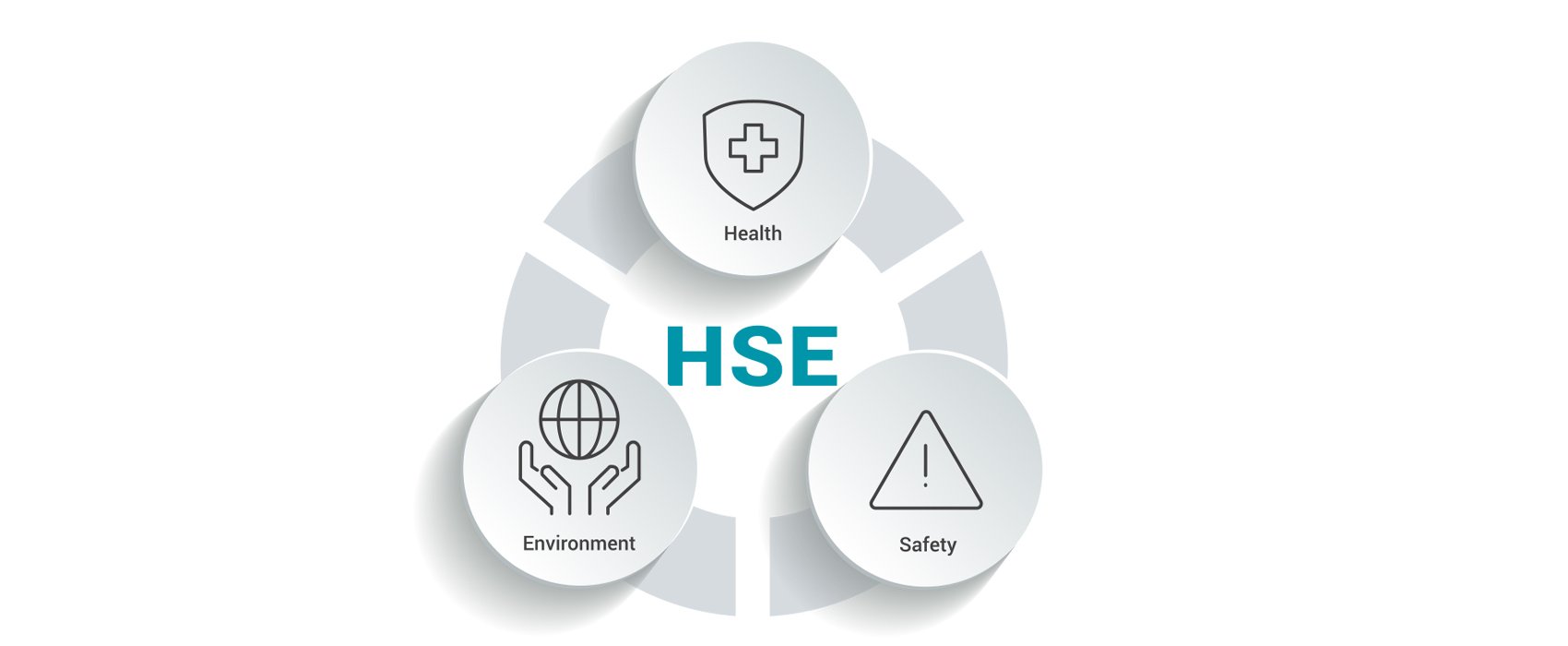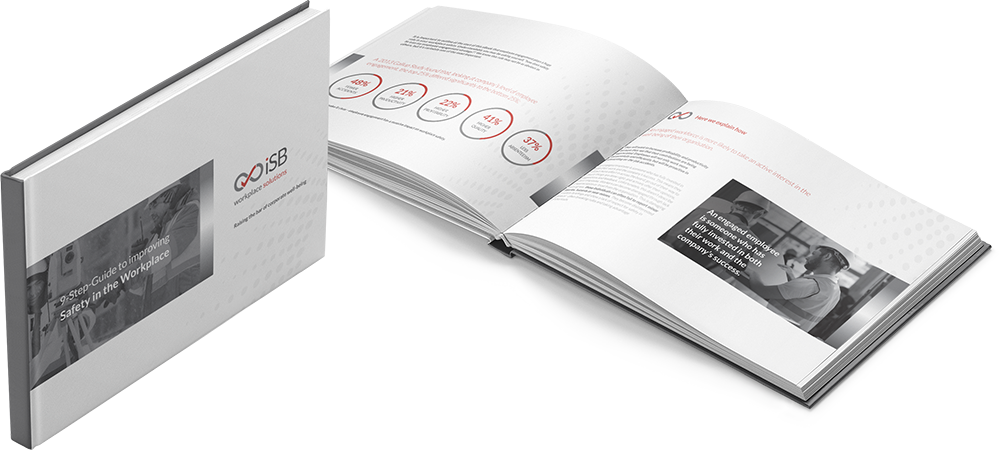
Best safety incentive examples: What works?
A well-designed safety incentives programme is a positive way to encourage safe workplace behaviours and practices among your employees.
By providing a structured system of rewards and recognitions designed to motivate employees to act in a manner that promotes workplace safety, such programmes aim to reduce workplace injuries, illnesses and near-misses by taking a proactive approach to engaging employees with the importance of their own safety and that of those around them.
Read more about the benefits of safety incentives programmes.
Safety incentives programmes: Examples
There are various different types of safety incentives programmes, providing employers with the option to choose that which best suits their specific workplace culture and team dynamics.
We’ve picked out 10 of our favourites…
#1 Safety points system
Operating a bit like a loyalty programme you might get in a retail store, employees earn points whenever they demonstrate safe behaviours, attend safety training, or proactively identify potential workplace hazards. Over time, these points accumulate and can be redeemed against rewards of your choice, from gift cards, to merchandise, to ‘in-company’ rewards like extra holiday.
#2 Peer recognition
Promoting a culture of mutual respect and accountability, a peer recognition scheme sees employees nominate their colleagues for safety awards based on the behaviours and actions they observe enacted on the ground. Receiving recognition and appreciation from peers for one’s dedication to workplace safety can often be more meaningful than being recognised by management alone. Schemes such as this also shift the focus from individual achievement to collective responsibility.
#3 Wall of fame
In a similar way to being recognised by peers for their safety efforts, being celebrated publicly for one’s commitment to safety can be a powerful motivator. Establishing a dedicated ‘Safety Wall of Fame’ in a common area of the workplace where employees’ photos may be displayed in celebration of their safety achievements can be incentivising and also encourage a competitive spirit among teams towards upholding safety standards.
#4 Instant rewards
Receiving instant recognition by way of an on-the-spot reward of some kind can be immensely gratifying and reinforces the importance of safety in real time. Whether employees observed practising safe behaviours are awarded a small gift, a certificate or simply public praise, the immediate nature of the recognition serves to highlight the company’s continued monitoring and appreciation of safe practices.
#5 Lottery system
In a lottery system, employees demonstrating safe actions and behaviours or making recommendations to improve safety standards receive an entry into a monthly or quarterly draw to win a prize. Employees earn one entry for each safety-first action. The length of time until the draw is made builds suspense as the odds of winning change, encouraging continuous employee participation.
#6 Digital badges
A modern way to reward safe working practices, awarding digital ‘badges’ to employees who complete certain safety training or accomplish certain safety-first actions provides a virtual token of achievement that may be displayed on their intranet profile or email signature, encouraging other employees to follow suit.
#7 Charitable donations
In a charitable donations scheme, organisations commit to donating a certain amount of money to charity for every safety milestone achieved. This works best if the charity is one whose work is personally valued by your employees, so consider allowing each person to nominate a given charity, or conduct a vote to decide a collective choice. By providing employees with a collective goal that benefits the wider community, the pleasure of achieving that goal is heightened and longer lasting than it would have been otherwise.
#8 Day off passes
A lot of people are motivated by the thought of receiving some kind of personal benefit, and most value a little extra time off work. Therefore, offering extra holiday days to individual employees or teams with a consistent track record of safe behaviours or making notable contributions to improving workplace safety may be highly appreciated and provide extra motivation for employees to always be safety-conscious.
#9 Milestone celebrations
Recognising and celebrating certain milestone safety achievements with a company-wide event, bonus or other collective reward can be a real morale-booster, reminding employees that their individual commitment to workplace safety sits within a broader collective effort. However, care should be taken that the milestones chosen – such as achieving a certain number of days without any recordable incident – sit within a broader programme of incentives encouraging transparency and honest reporting so as not to discourage reporting of minor incidents to meet targets.
#10 Safety suggestions box
By enabling and empowering employees to volunteer their ideas for safety improvements, a safety suggestions box can inject fresh energy and creativity into workplace safety while also providing a channel for employees to raise concerns and provide feedback. To encourage continued participation, suggestions should be periodically reviewed, with concerns acted upon, feedback acknowledged and the best suggestions implemented.
So, there you have it, 10 suggestions for a successful safety incentives programme. For advice and support on overcoming specific workplace safety concerns, why not give our team a call to see if we can help.
You might also like

Improving Workplace Safety: The Power of Safety Incentives


















